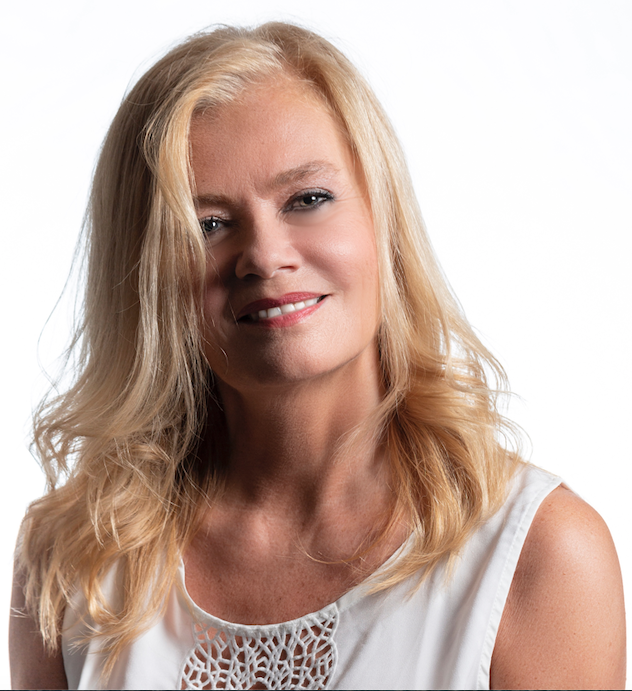Karin Taverniers, Ph.D.
Buenos Aires, Argentina
Email:
ktaverniers@gmail.com
Phone: +54 11 4816-4628
Web: www.praxisterapeuticas.com
A native of Belgium, Karin has resided in many countries including
the US, Canada, and various European and Latin American countries before
settling down in Buenos Aires Argentina. This personal experience was
responsible for shaping her professional interest in intercultural
issues. She enjoys working with individuals, couples and families of
diverse backgrounds and cultures.
Karin earned her BA from
Carleton University (Ottawa, Canada), her MA from the United States
International University (Mexico campus), a postgraduate in postmodern
approaches to systemic psychotherapy from the Universidad de Buenos
Aires (Buenos Aires, Argentina), and her PhD in Psychology from the
Universidad del Salvador (Buenos Aires, Argentina). Karin is currently
in private practice in Buenos Aires, Argentina. She is also a full
professor at the Universidad del Salvador (Buenos Aires and Bahía
Blanca), a member of the Taos Institute Latin American Council (TILAC),
and a faculty member of the ICCP program at the Fundación Centro de
Estudios Sistémicos (FundaCes). She coordinates a postgraduate training
program in postmodern practices in Bahía Blanca, Argentina.
She
is the editor-in-chief of the Argentinean family therapy journal
Sistemas familiares y otros sistemas humanos, she hosts the online
community Postmodern Therapies (PMTH), and is the author of “Abuso
emocional en la pareja: Construcciones y deconstrucciones de género”,
and has also written numerous articles on postmodern topics. She is the
co-editor of the Taos Institute WorldShare book publication
“Construccionismo Social en Acción: Prácticas Inspiradoras en Diferentes
Contextos”. She lectures in national and international conferences on
topics such as the social construction of gender, postmodern approaches
to therapy, the social construction of cyberspace, among others. She is
especially interested in collaborative and narrative practices,
reflecting processes and social constructionism.

Karin Taverniers, Ph.D. Files & Links
- http://sistemasfamiliares.com/
- http://thecounselors.com/kt.html
- http://www.fundaces.com/?page_id=23
- https://www.editorialbiblos.com.ar/libro/abuso-emocional-en-la-pareja_73201/
- http://www.taosinstitute.net/construccionismo-social-en-accin-prcticas-inspiradoras-en-diferentes-c
- www.relationalissues.com
